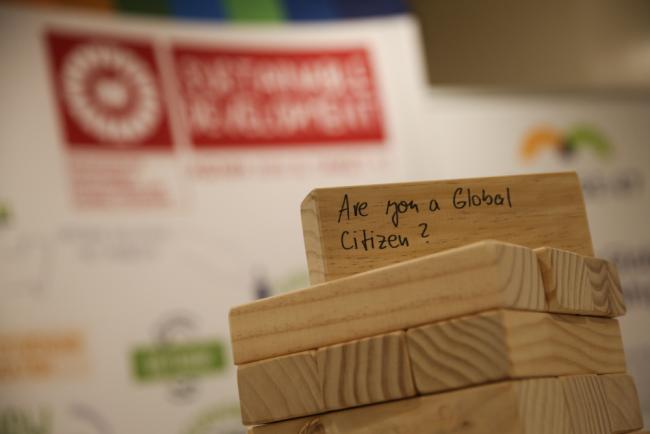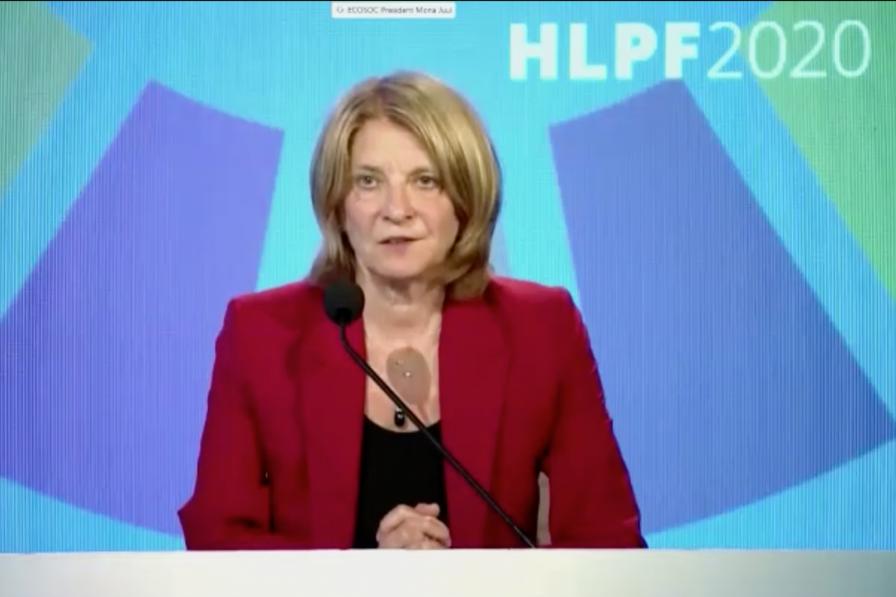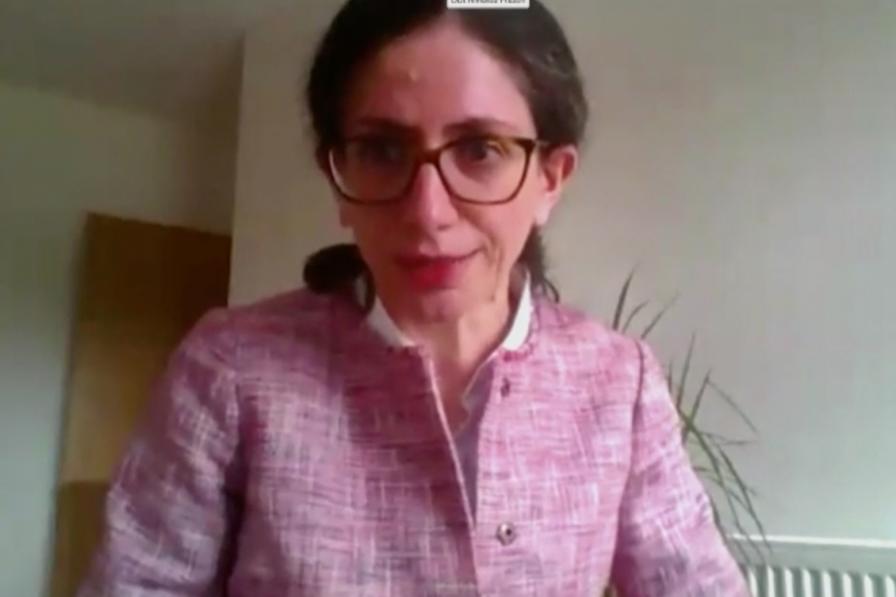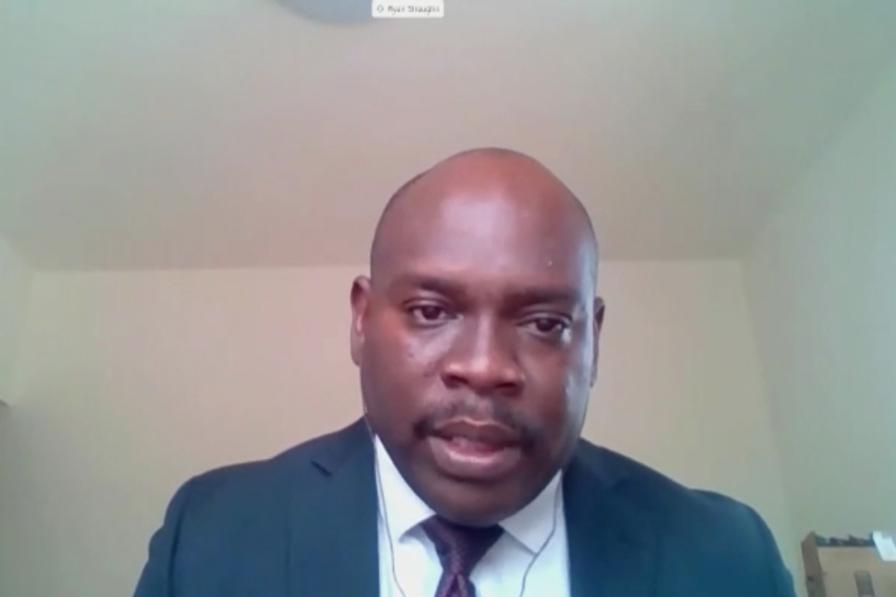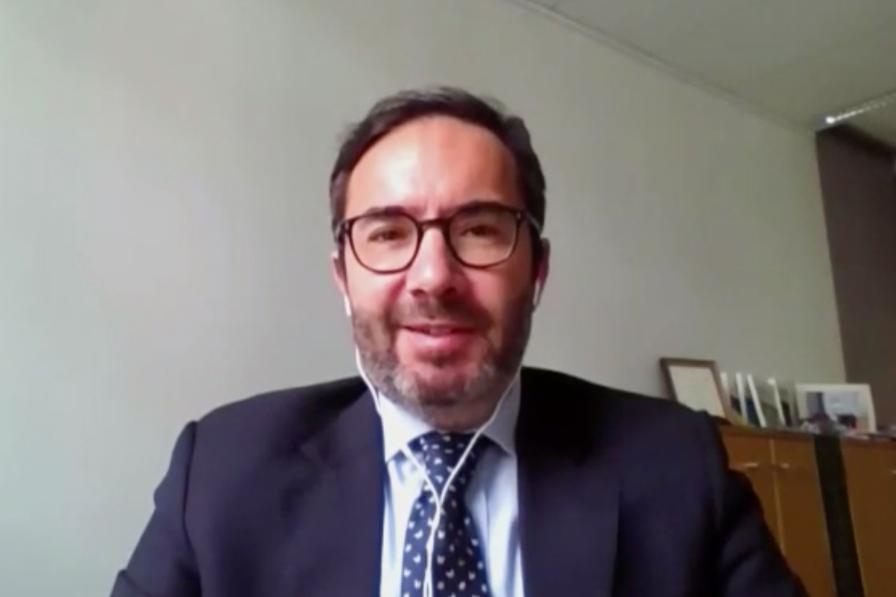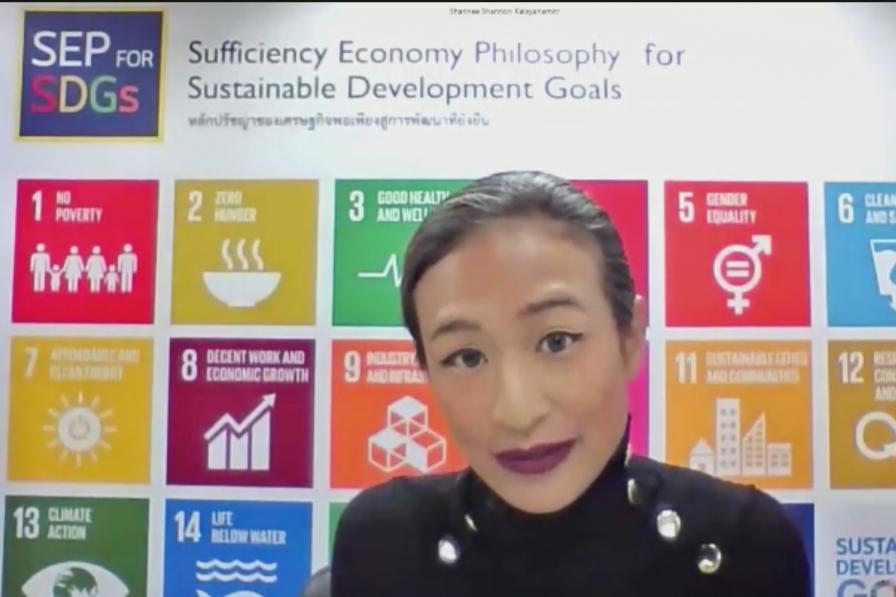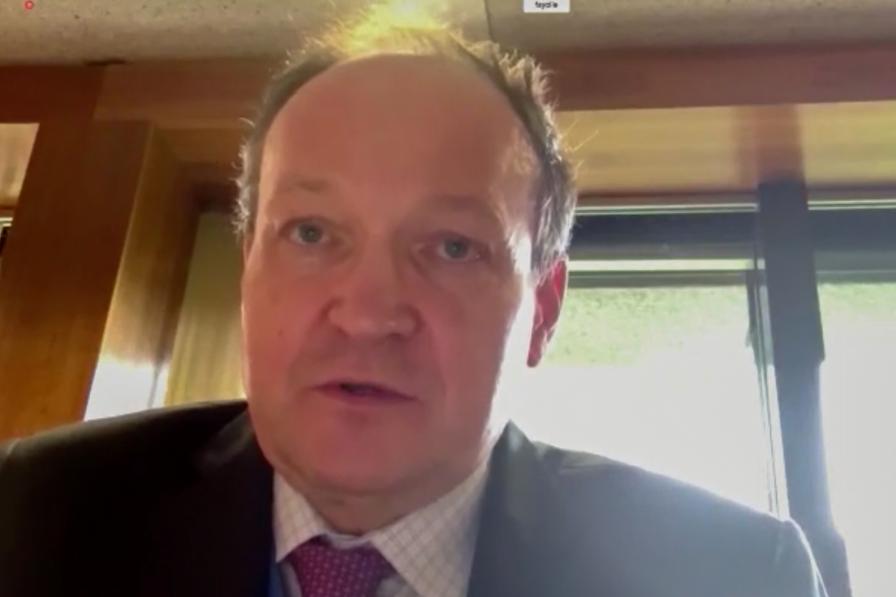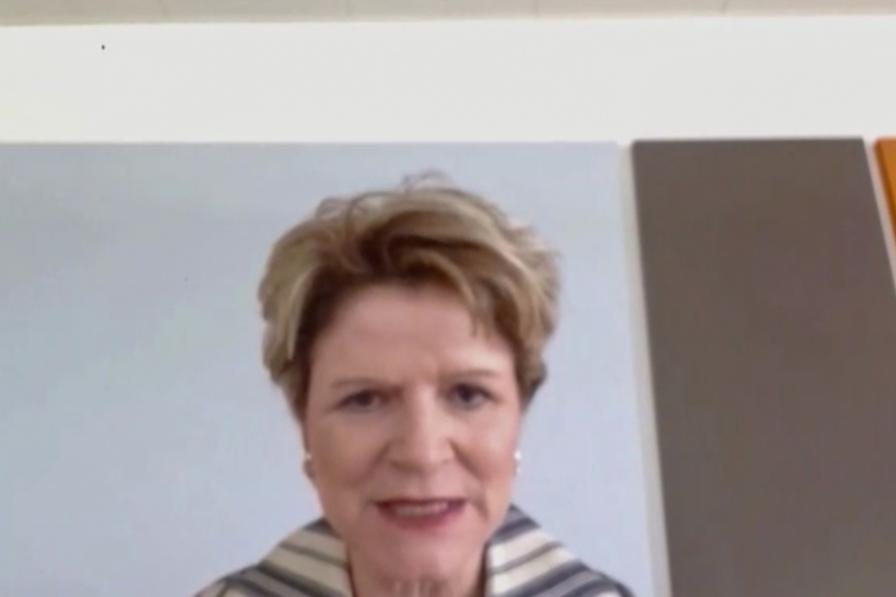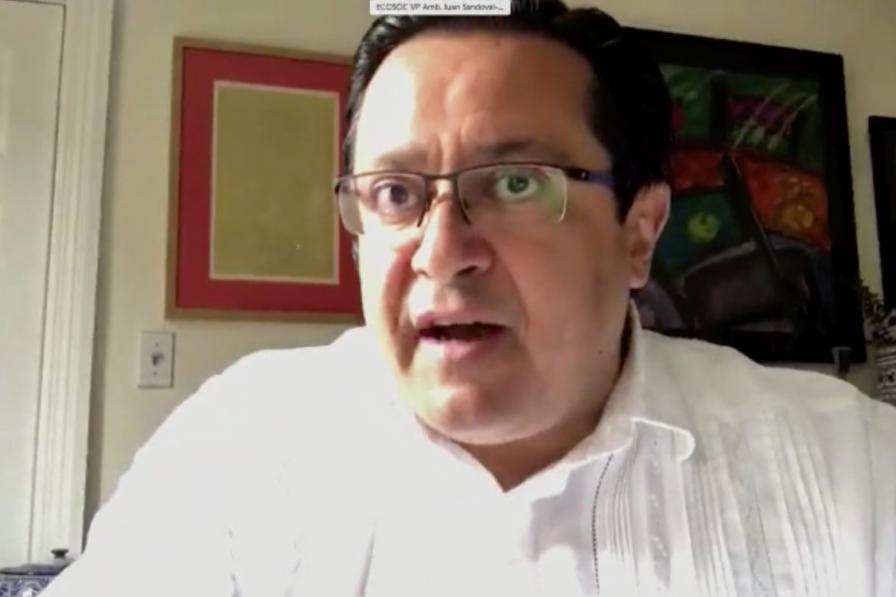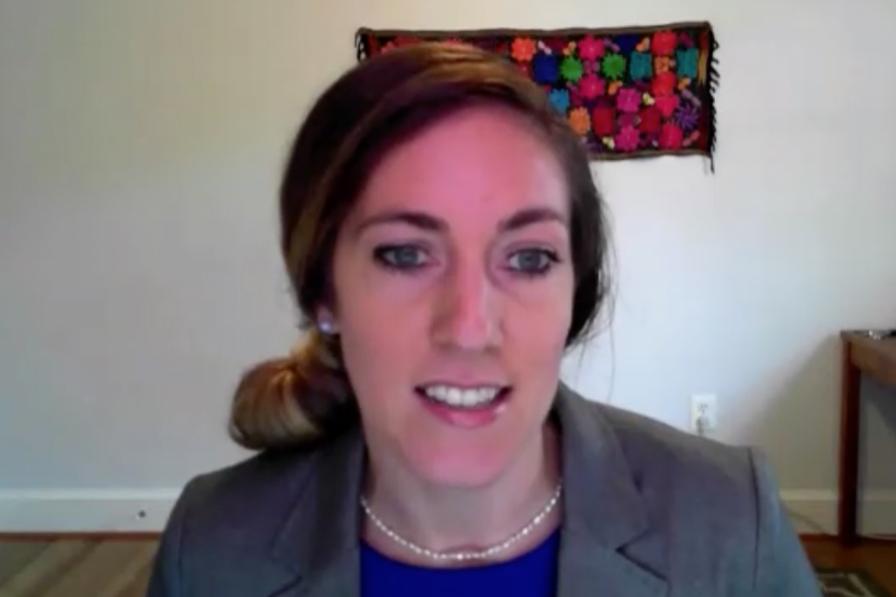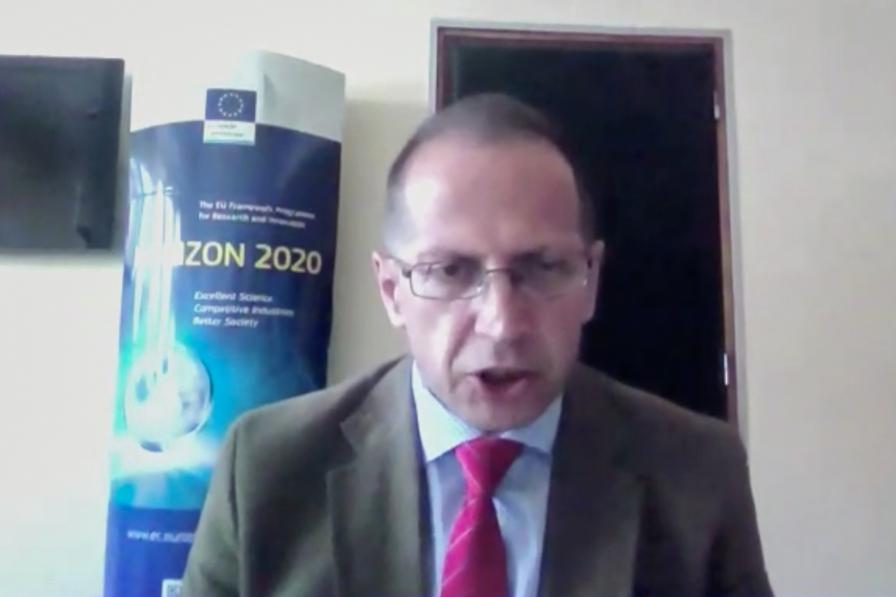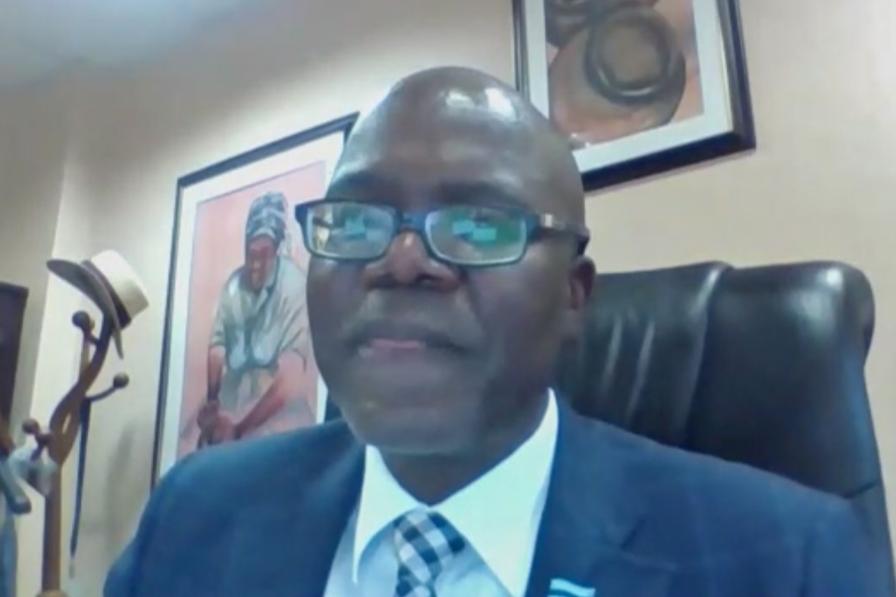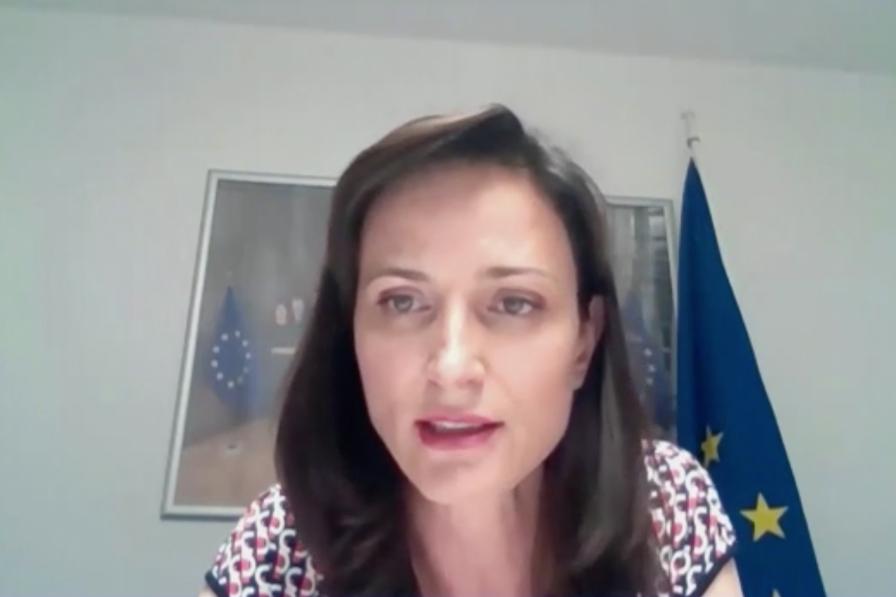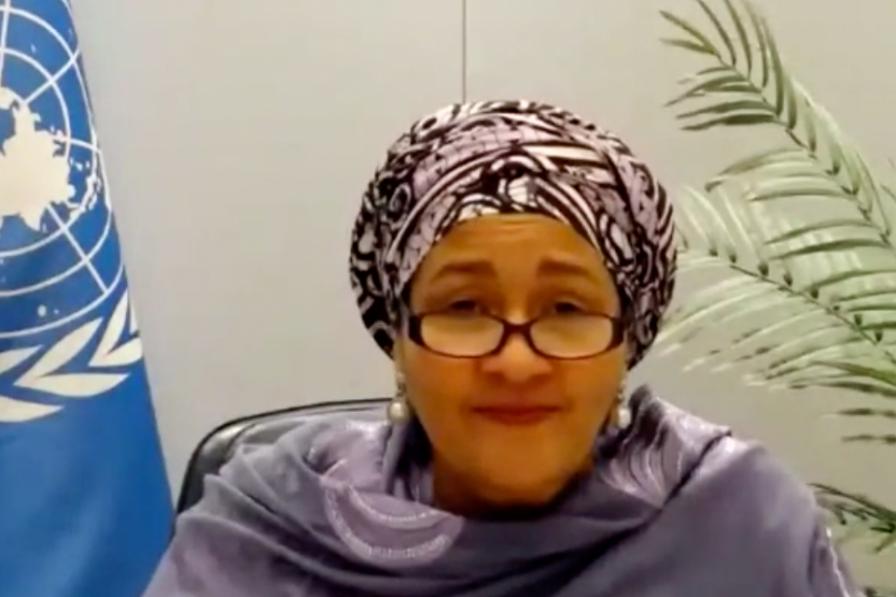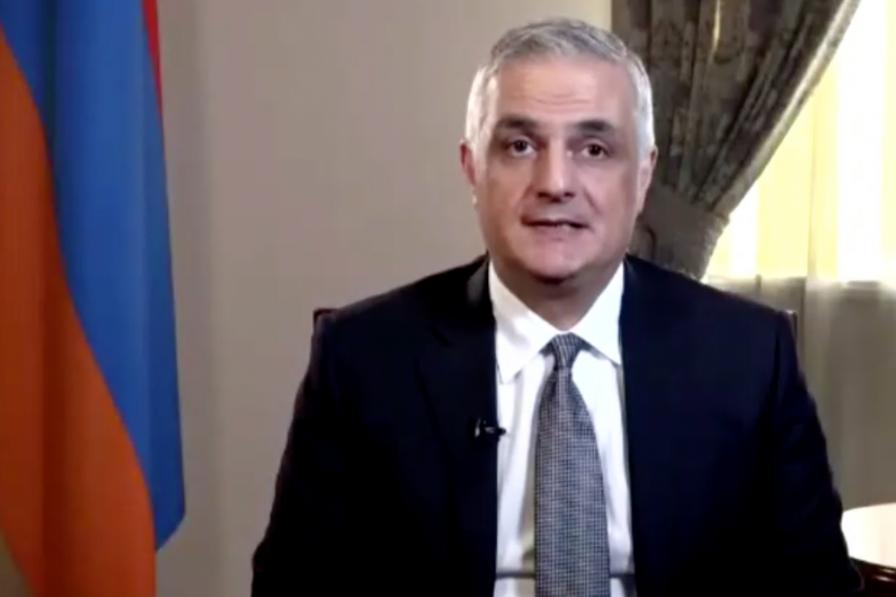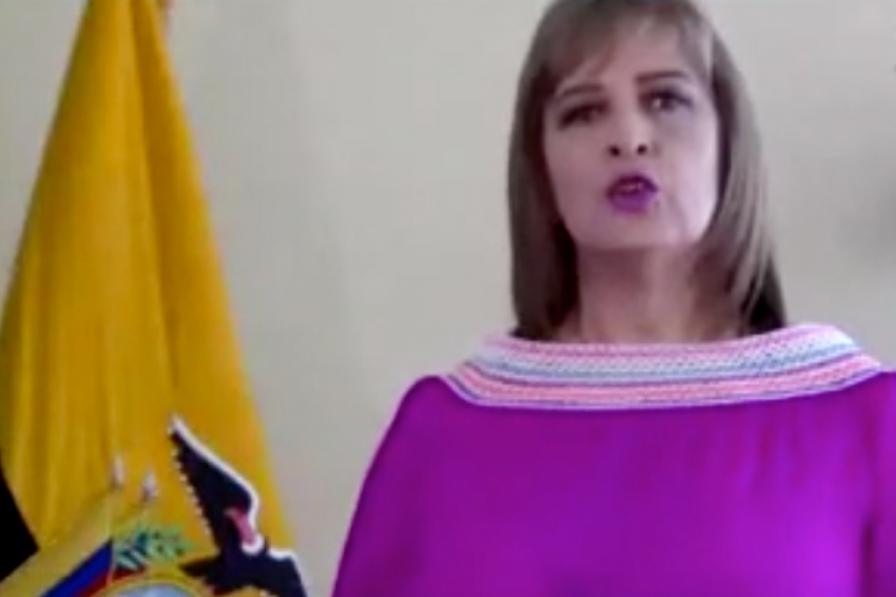The world has been pushed further towards digitalization by the COVID-19 pandemic, as exemplified by the virtual format of the HLPF this year. During a session on science, technology, and innovation (STI) on Friday morning, some speakers saw this as a welcome change that can usher in greater use of technology to deal with global crises, while others worried about the further exclusion of the 3.3 billion that still lack access to the Internet. A speaker worried about a “digital dreamworld that enriches a few,” and observed that even Internet access could be meaningless without meaningful participation. The STI discussion also touched on the threat to global scientific cooperation from the rise in nationalism; and the need to counter disinformation and protect rights, including privacy, online.
The STI session was preceded by a discussion on mobilizing well-directed financing. Speakers underscored the importance of maintaining existing official development assistance (ODA) levels in the context of falling external flows and tax revenues in low and middle-income countries. The issue of using vulnerability as a criterion for determining eligibility for concessional finance, instead of only income levels, was reiterated.
While some global cooperation measures in response to the pandemic were mentioned, including a EUR 5 billion package from the European Investment Bank to support COVID-19-related recovery responses in the poorest countries, and non-earmarked multilateral core support for pandemic response from Sweden, participants called for measures to go further. Speakers proposed wider and deeper debt cancellation, relief, and restructuring; additional finance without debt or conditionalities; and reviews of illegitimate debt practices, and of lending and borrowing policies. The role of private finance was also emphasized. Governments were urged to assess the access to, and impact of, recovery and stimulus packages on vulnerable sections of society; and to align public and private finance with the SDGs and Paris Agreement.
Five countries presented their voluntary national reviews (VNRs) in the afternoon: Armenia, Samoa, Ecuador, Honduras, and Slovenia. Opening the session on VNRs, UN Deputy Secretary-General Amina J. Mohammed highlighted this year’s focus on how budgets and financing frameworks are supporting the implementation of Sustainable Development Goals (SDGs). “Peer learning is at the heart of the VNR process,” said Juan Sandoval, Permanent Representative of Mexico and Chair of the Group of Friends of the VNRs and Follow-up and Review of the 2030 Agenda, while also noting that without commitment and follow-up, the 2030 Agenda for Sustainable Development is pure rhetoric. The presentation of the last VNR was interrupted due to technical difficulties with the audio, and the session was adjourned.
